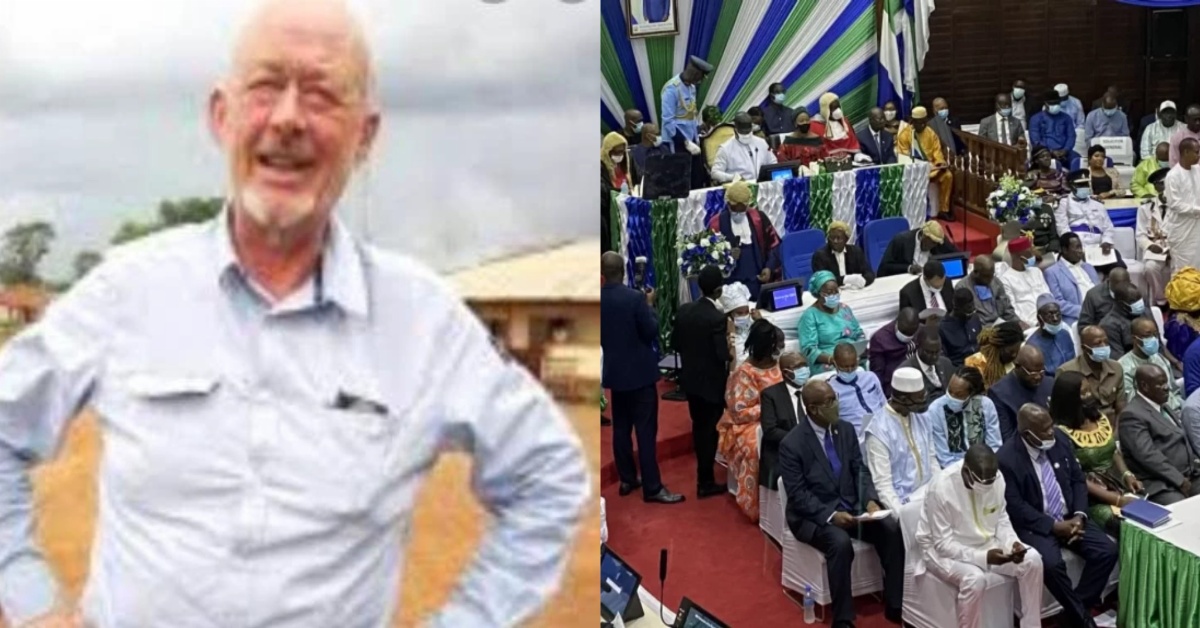An official of the giant oil palm producing company, Socfin, says the new Customary Land Rights Bill which is before Parliament, will make foreign investment in agriculture totally impossible when it becomes fully operational.
Speaking to Politico, Garben Harringsman said the process was influenced by NGOs thinking that “overprotecting” people or making the whole process “over-transparent” would support the people of Sierra Leone.
He said: “We feel that the system in place in this new law will make any major investment in agriculture totally impossible”. He was certainly not supportive of the land size limitations enshrined in the law for agricultural investment which he said would not be enough for major investment in the sector.
The new Customary Land Rights Act says landowners must give their consent before any investment comes into force. A long-term tenancy for commercial purposes, which used to be 99 years has been whittled down to not more than 50 years, with an option to renew for a term not exceeding 21 years.
The lease for a long-term tenancy is subject to a review after every five years in line with the rate of inflation. Additionally, a company cannot get more 10,000 hectares at any one time, and if the land lies fallow for more than five years, it is returned to the owners.
Communities must not be displaced or resettled. Where relocation is unavoidable such must be stated prior to the lease and those affected must give their expressed consent, and their living standards must not be made any worse off.
Harringsman said it would be cumbersome to have to negotiate with all land owners as the bills suggests, in that intending investors would have to talk to all members of land owning families, sayinng that would mean neotiating with thousands of people to get their approval.
“It is also unfair because you have a lot of landowners but you also have ten times more land users and these are people that live on that land already for long but have no legal rights to those lands. So these people are completely left out, so it’s a social injustice”, he pointed out.
He said the law was over-complicated and expensive and made the investors prone to enormous “blackmail” by the communities and leaders. He said when the law was passed he would never come back to Sierra Leone.
Harringsman criticised the consultative process leading to the making of the law which he said omitted people he claimed had the real experience.
He said the government had a choice to make in either passing the law and eliminate bigger investment or shelving it to attract that kind of foreign interest.
He was however full of praise for the Land Commission Bill which he said they all applaud “because it gives finally some clarity on who is a landowner and who is not a landowner “ in discussions related to leasing land.
He explained how Socfin in 2016 invested in Sierra Leone $160 Million in Oil Palm Production in the Southern District of Pujehun after planting 12,500 hectares of palm fruits, producing 55,000 tons of palm oil per year. He said this has turned Sierra Leone from oil importing country to an exporting one.
Reacting to the latest developments, Sonkita Conteh of NEMATI – a legal empowerment organisation with focus on land rights and justice said when operational, the customary land rights will be a” game changer” for Sierra Leone and that other countries will learn from the experience here.
He said for close to a century people have seen their lands flooded by mining companies with little reward in return. He said the bill will protect the people.
On both bills before parliament Conteh described them as significant as they will introduce a system of land tithing across the country never experienced before . He said women rights to land would be enhanced after the laws are passed.
Groups of women recently demonstrated around parliament building, to express their support for clauses in the laws that give them authority to own land.
The Customary Land Rights Bill and Land Commission Bill are presently in parliament
Sierra Leone’s parliament is passing the two laws which campaigners say will revolutionise the country’s land tenure system and improve the lot of poor land owners.
For decades, there have been sometimes violent confrontations between landowners and investors over what rights groups call land grabs.
The bills also end the discrimination against the Creoles who are restricted by a centuries-old law from owning land in the provinces,











